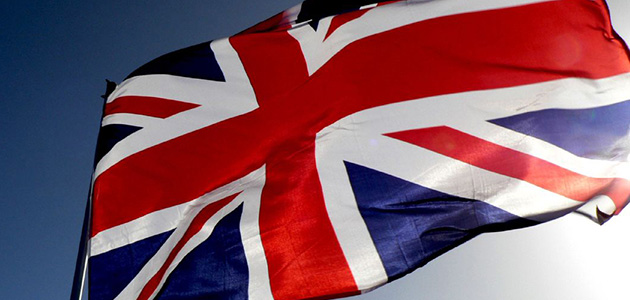05 May 2014
Is the UK Christian or Not?
by Dr Mark Keown
Writing from Cambridge it is big news here in England that the Archbishop Rowan Williams has recently stated that England is a post-Christian country (http://www.telegraph.co.uk/news/religion/10790495/Former-archbishop-of-Canterbury-We-are-a-post-Christian-nation.html). By this he means not that the nation is non-Christian or that the cultural memory and influence of Christianity is not still strong, but that the era of widespread active Christian belief and worship is over (on this he is right for now). This statement responds to PM David Cameron saying that people in the UK should be “more confident about our status as a Christian country.” The PM’s comment has aroused great interest with a letter from fifty public figures stating the UK is “non-religious” and “plural” (http://www.telegraph.co.uk/comment/letters/10777417/David-Cameron-fosters-division-by-calling-Britain-a-Christian-country.html).
I find this discussion very interesting and it raises a range of questions for me. First, as a Kiwi we don’t discuss this much probably because the days when someone prominent might have said “New Zealand is a Christian country” are well behind us. I can’t imagine the outcry if John Key (or David Cunliffe if he gets in) were to come out and say that we are a Christian country. The laughter may be heard from Britain, including from the NZ Christians many of whom attend half empty (or worse) churches every Sunday. One will never hear that in election year!
Second, I find the whole idea of a “Christian country” strange. I suspect in eternity we will live in a “Christian country” in a world filled with a people wholly subject to the Lord Jesus. However, until that day the idea does not exist. To whatever extent our particular nation is penetrated by Christian faith, we live in a world of wheat and tares with multiple faiths and viewpoints. The category “Christian country” is not something that the Bible speaks of. Even where the church is concerned it is a mixed multitude. It seems to presuppose the imposition of Christianity, which is antithetical to its essential premises.

Jesus did not speak of Christian nations but of a “Kingdom” planted in the midst of nations, a Kingdom that grows and penetrates like salt and yeast or like a tree expanding. Surely it is better to speak of post-Christendom nations, whereby the nation is no longer governed by a state/church alliance, where church and state are separated, and where Christianity is not imposed directly.
Actually, perhaps it is better to drop the whole idea completely. Should we even be discussing the notion of whether this or that country is “Christian.” No country ever was or is or will be this side of eternity. Christianity may penetrate to the point where a country is Christianised so that many of its values are influenced by a Christian perspective. However, the country is not then Christian. That Christian perspective will be limited and flawed, as is everything Christians are involved in (despite our best intentions). Better then for those engaged in such a debate to drop such comments and speak of Christian faith, adherence, participation, and influence.
My observation of the UK as that, as in all the west, Christian influence remains strong but receding. The influence of the faith is arguably less prominent (although as in NZ many immigrants are bringing their Christian faith with them). There is a pluralism of other ideologies swirling across this nation.
But if we want to use the idea, the UK (and NZ) is not post-Christian because Christianity is still alive and well and flourishing in many cases. There are churches everywhere. I attended a fantastic service full of young people at Holy Trinity Cambridge last night. Indeed, the good news is that no nation will ever be post-Christian because the gates of hell will never prevail…
